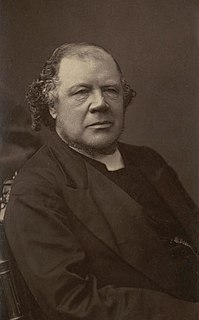A Quote by Lord Acton
Moral precepts are constant through the ages and not obedient to circumstances.
Related Quotes
Latter-day Saints are not obedient because they are compelled to be obedient. They are obedient because they know certain spiritual truths and have decided, as an expression of their own individual agency, to obey the commandments of God. . . . We are not obedient because we are blind, we are obedient because we can see
The objections to religion are of two sorts - intellectual and moral. The intellectual objection is that there is no reason to suppose any religion true; the moral objection is that religious precepts date from a time when men were more cruel than they are and therefore tend to perpetuate inhumanities which the moral conscience of the age would otherwise outgrow.
What matters at this stage is the construction of local forms of community within which civility and the intellectual and moral life can be sustained through the new dark ages which are already upon us. And if the tradition of the virtues was able to survive the horrors of the last dark ages, we are not entirely without ground for hope. This time however the barbarians are not waiting beyond the frontiers; they have already been governing us for quite some time.
The downside, of course, is that over time religions become encrusted with precepts and ideas that are the antithesis of soul, as each faith tries to protect its doctrines and institution instead of nurturing the evolution of consciousness. If one is not careful to distinguish the genuine insights of a religion from its irrelevant accretions, one can go through life following an inappropriate moral compass.
German writings attain popularity through a great name, or through personalities, or through good connections, or through effort,or through moderate immorality, or through accomplished incomprehensibility, or through harmonious platitude, or through versatile boredom, or through constant striving after the absolute.
I have always endeavoured, as my double duty of believer and sovereign dictated, to follow the precepts of the sacred Book of Islam: precepts of balance, justice and moderation. Although my religious education was very literal, in that I learnt to understand the precepts of the Koran precisely according to the text, we have seen that on several occasions throughout my life, I have felt myself to be very particularly in the hands of the Almighty.

































